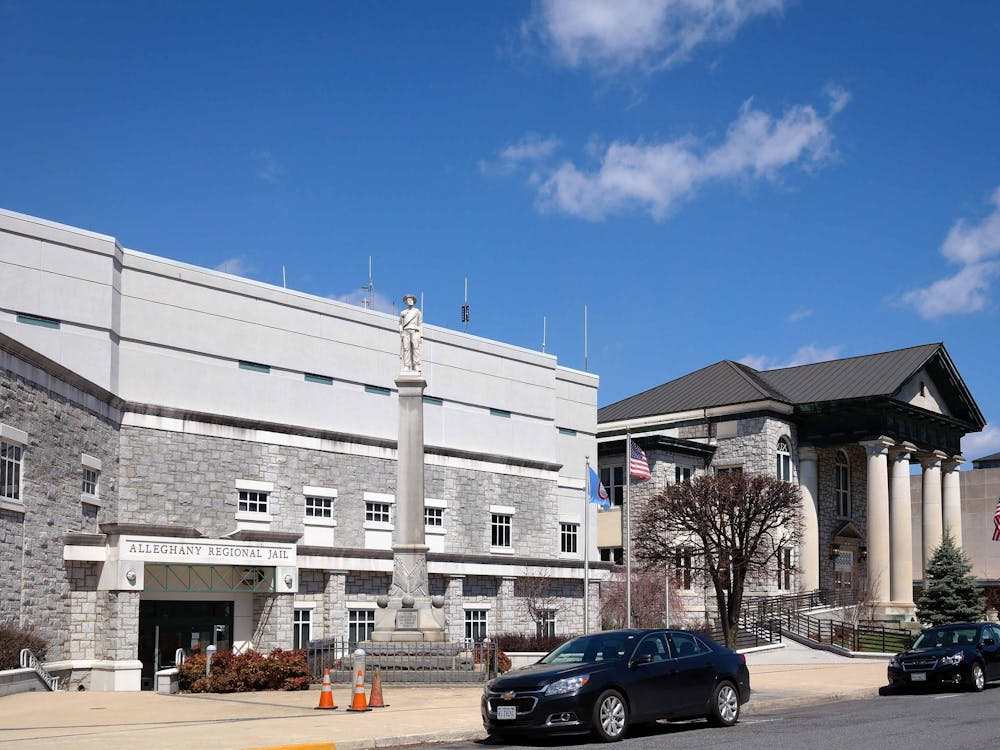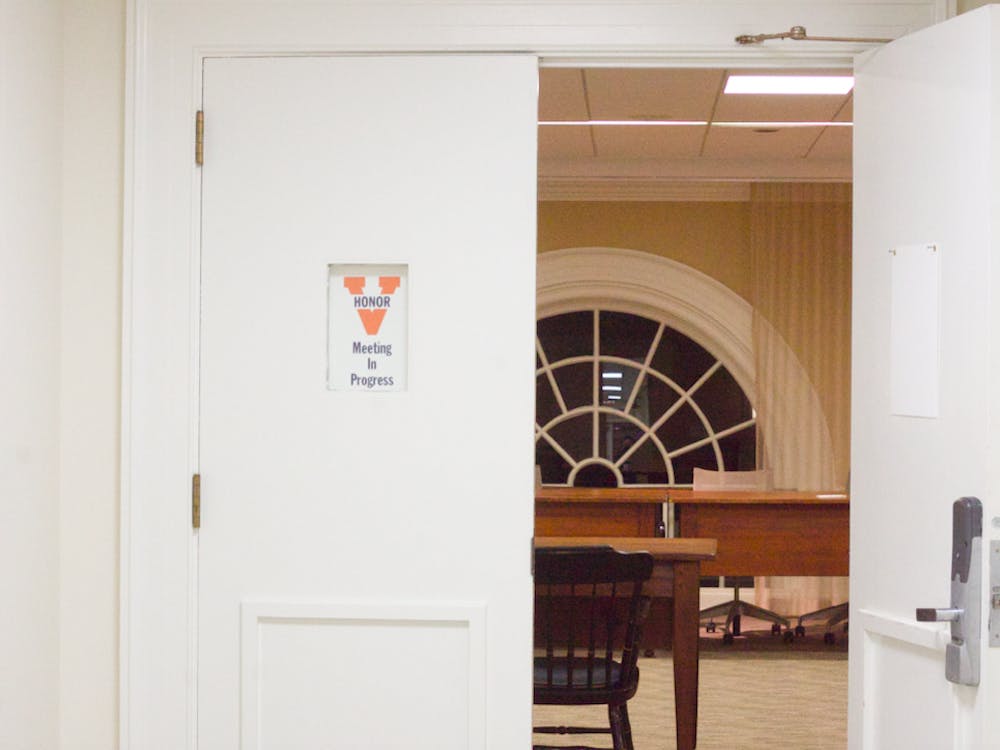In response to Congress overriding President Barack Obama’s veto of the Justice Against Sponsors of Terrorism Act, or JASTA, a recent Wall Street Journal editorial reads: “Instant Senate Remorse: A plea to fix a lawsuit boondoggle only hours after voting for it.” Despite Congress’s astoundingly low approval ratings, the incompetence animating this boondoggle is still hard to fathom. JASTA — a law allowing victims of terrorism to sue foreign governments — sailed through both houses of Congress before receiving Obama’s veto. Congress then easily overrode the veto, but within hours 28 senators who voted for the bill, in Ron Burgundy-esque fashion, immediately signed a letter expressing their regret. The Journal merely argues Congress should repeal JASTA, but we should really target what made this veto override probable in the first place: We should repeal the 17th Amendment.
The 17th Amendment, ratified in 1913, established the direct election of senators. Prior to the Progressive Era, senators were elected by state legislatures. This ensured they were relatively insulated from the whims of popular opinion — such as the urge to allow victims of 9/11 to sue the Saudis, consequences be damned. That is as it should be. The House of Representatives already serves as the tribune of the masses, and the ever-growing power of the presidency essentially ensures “the people” have two ways to dramatically influence policy. Representatives who betray the desires of their constituents will be voted out, and first-term presidents who buck national opinion will likely never see a second. There is no need for the Senate to similarly share such a burden. It’s in the national interest for the Senate to serve as a deliberative body; senators could then carefully evaluate each bill on its own intrinsic merits, not gauge how many votes may be won or lost in the next election based on how he or she votes on a given issue. That would likely have preempted the current JASTA debacle. As the Journal opined: The veto override and the subsequent regret “is what happens when legislation sails through the House and Senate in an election-year rush with little debate.”
In addition to increasing deliberation, repeal would strike a blow for federalism. George Will wrote in 2009: “Grounding the Senate in state legislatures served the structure of federalism. Giving the states an important role in determining the composition of the federal government gave the states power to resist what has happened since 1913 — the progressive (in two senses) reduction of the states to administrative extensions of the federal government.” Restoring the authority over Senate elections to the states would reestablish a sense of balance in the government. As Will goes on to note, “The Framers gave the three political components of the federal government (the House, Senate and presidency) different electors (the people, the state legislatures and the electoral college as originally intended) to reinforce the principle of separation of powers, by which government is checked and balanced.”
Thus, more than just returning power to the states as entities, repeal would serve another worthwhile purpose by redirecting citizens’ attention to the now vastly more important local races. It’s these local races which citizens are most able to impact, and it is the results of these races which most impact the citizens. Local races warrant more attention.
The ratification of the 17th Amendment made sense at the time; the process by which senators were selected was rife with political corruption. But times have changed, and the current state of Senate races isn’t enviable. The average cost of winning a Senate seat over the past three cycles is roughly $10 million. Aside from opening up new lanes for corruption or rent seeking behavior, the effect of this is the nationalization of Senate races. Rather than please their state constituents, Senators must fundraise constantly, always seeking to please outside groups like Club for Growth or NARAL. As the University’s C. H. Hoebeke wrote in a Humanitas essay, “In retrospect, the amendment failed to accomplish what was expected of it, and in most cases failed dismally. Exorbitant expenditures, alliances with well-financed lobby groups, and electioneering sleights-of-hand have continued to characterize Senate campaigns… In fact, such tendencies have grown increasingly problematic.”
The new incentives that would replace the current ones if the amendment is repealed are worth pondering, as admittedly it would generate a host of problems too numerous to discuss in this space. Repeal would undoubtedly need to be paired with redistricting reform to stop gerrymandering, and the possibility of corruption among or collusion with the state legislatures is worrying. Outright or immediate repeal is also unthinkable in the current political climate; because the GOP controls so many state legislatures, repeal would essentially constitute a partisan coup. But its improbability is no reason to ignore its merits. A Senate more insulated from the politics of the moment would spend more time deliberating and less time calculating, more time working and less time fundraising. Repeal would re-empower the states and heighten the importance of and interest in state politics. It’s an esoteric and quixotic endeavor, sure, but it’s one worth considering.
Matt Winesett is a Senior Associate Editor for The Cavalier Daily. He can be reached at m.winesett@cavalierdaily.com.





